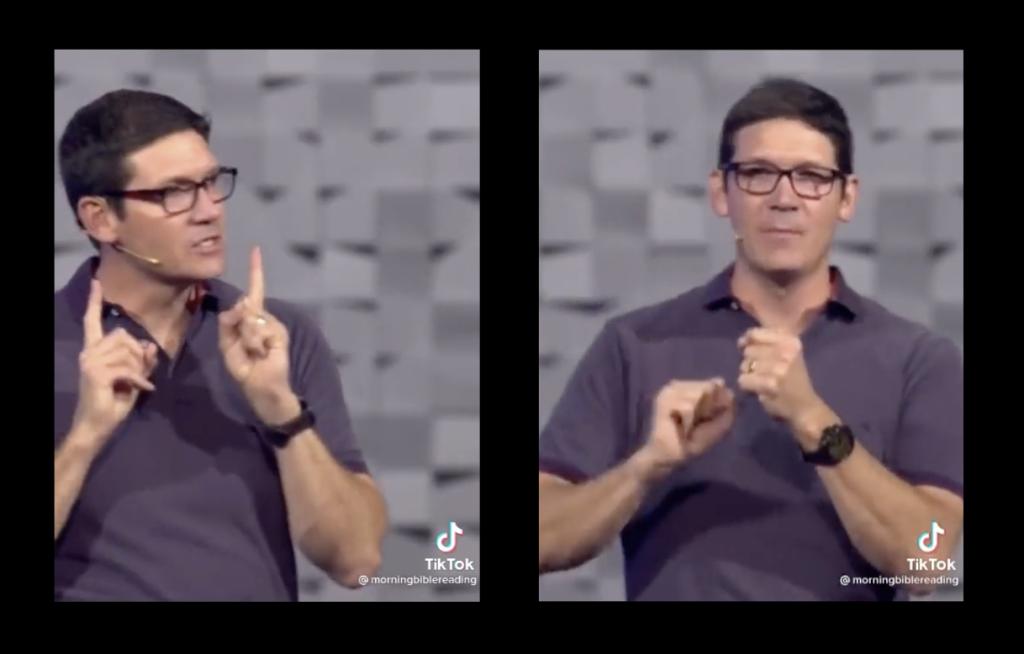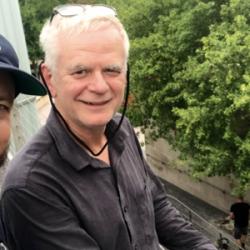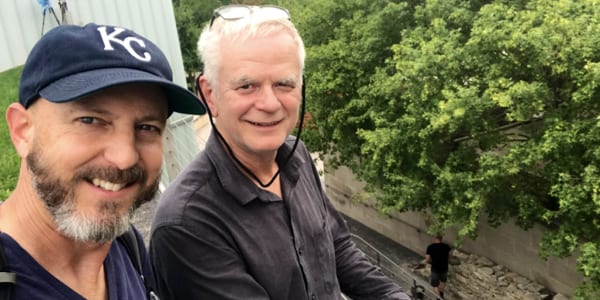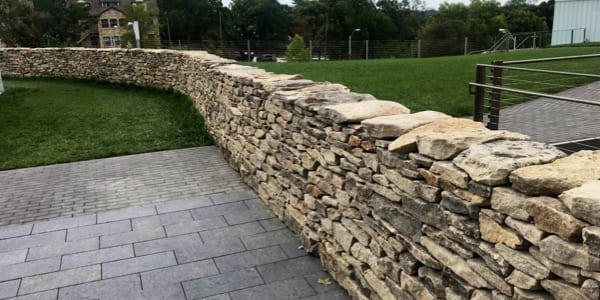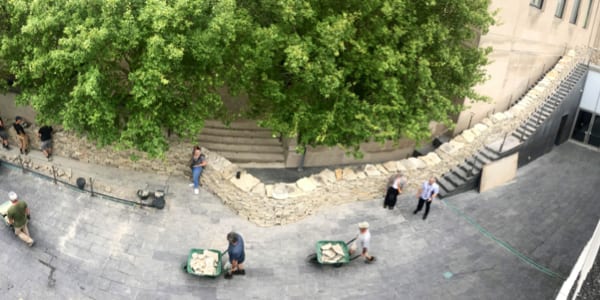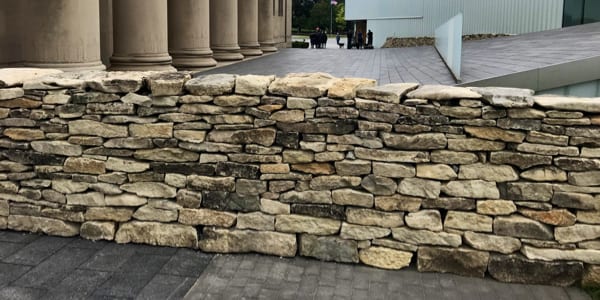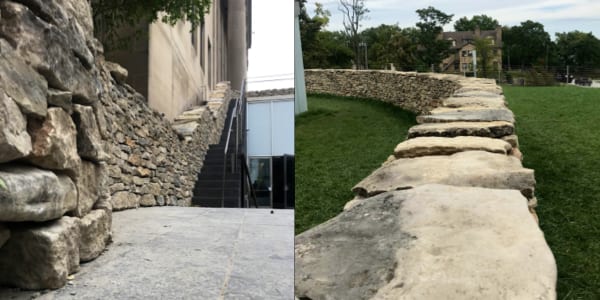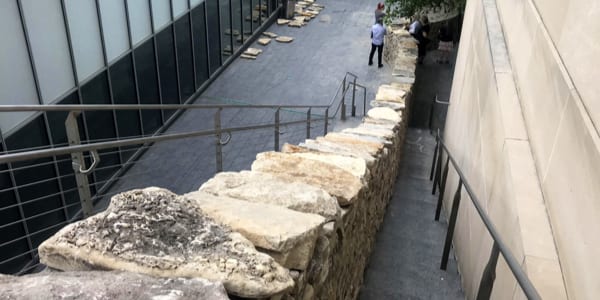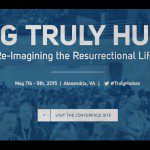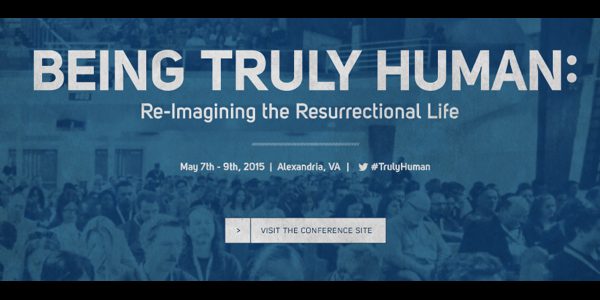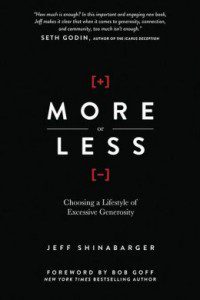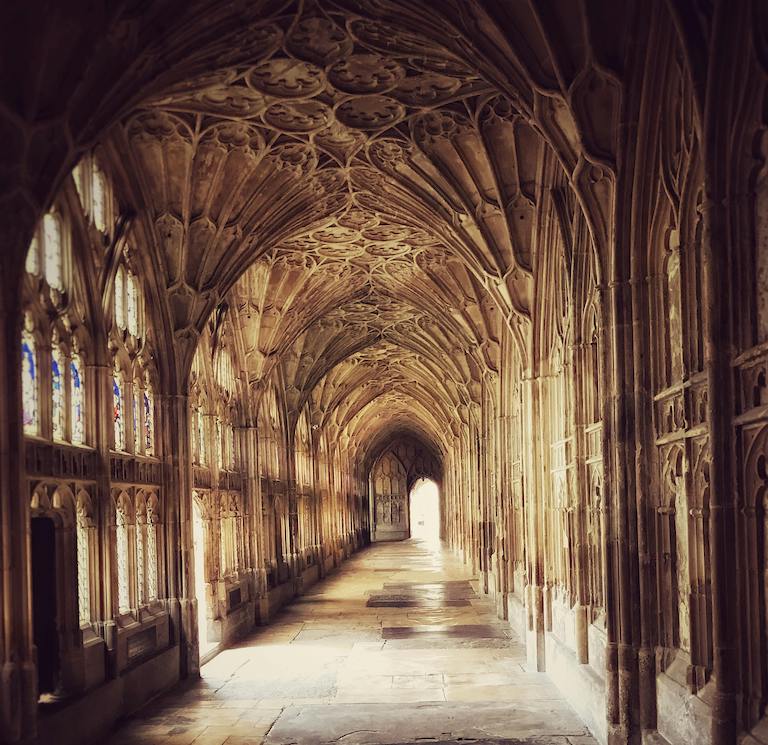
Deconstruction is normal. A couple times each year I remind my congregation that my job is not to speak as the expert proclaiming what is officially true for us, and to demand they accept what I say. That’s fundamentalism, which is dangerous. We have a different agreement goes something like this:
My job as a pastor—and as a writer and an artist— is to crawl on my belly up to the edge of the vast and endless canyon of the divine. I rally my fragile heart to find the courage to peek over the edge and stare into the mysteries of God as deeply and honestly as I can. I drink it in and wrestle with what I see. Then, I come back and tell everyone what I’ve encountered as creatively and compassionately as I can.
The task of the church member is not to uncritically accept everything I say, but to resist it, argue with it, and wrestle with it. Whatever is left standing over time, we’ll call the the work of the Holy Spirit. Then, we talk about it. We consider what is happening in our midst, and we bring it to speech. As we do, my job is to harvest the language that emerges from the group and crash it into scripture, tradition, and human reason all over again. Then, I come back again and teach more about what I am seeing, as we go back and forth in the long slow process of becoming.
Truly Christian Faith Evolves
As we’ve lived into to this new arrangement for the past couple of decades, a conviction has formed within me:
Any truly Christian Faith evolves.
However you define it, the Christian Faith evolves over time. It grows and changes, it unfolds, it ravels and unravels in large part because it’s not just about getting into heaven when you die. Christianity is very much about what happens to the world. “Thy kingdom come, thy will be done on earth,” that was Christ’s prayer. Our world is always evolving, so beliefs and practices have to evolve to meet the needs of a changing world.
The Christian faith evolves over time; it has to or it dies—from lack of oxygen, motion, circulation, lack of space to expand and grow, from lack of relevance to the world as we know it, or just from senility, as we forget why we exist and lose our vitality and purpose. Faith evolves or it becomes brittle and fragile, defensive and easily offended, condemning heretics and consolidating power, until eventually it violates even its most basic tenets to try and stay in control of a world that is always changing. Faith evolves over time or it becomes stagnant, static, until it dies of rigidification, calcification, the hardening of its own heart.
On some level we’ve all experienced this in the evolution of our childhood faith—often performing faith for our parents and mentors—to a more grown-up faith we can call our own.
Israel’s faith evolved from Egypt to Sinai, from the wilderness to the Promised Land, from the splendor of Jerusalem to exile and back again, from the destruction of temple to the Jewish diaspora. The faith of the Jewish tradition evolves to this day.
Christianity evolved from a subset of Judaism into a distinct tradition of its own. This didn’t happen overnight. Some of the most basic Christian beliefs—the Trinity, the two natures of Christ—didn’t find mature form until the third, forth, even fifth centuries. Perhaps no evolution was more profound than the church’s evolution from a persecuted minority sect to the official religion of the Roman Empire, an evolution many including myself see as problematic.
What Drives Evolution?
Often there is a cultural driver to an evolving faith. Science, medicine, and technology have all driven Christianity to evolve. The printing press drove the Reformation. Multi-masted sailing vessels birthed American Christianity which is, like it or not, a peculiar evolution of Christianity compared to the rest of the world and most of Christian history. After all, American Christianity evolved alongside manifest destiny. My community includes many whose faith was founded in revivalist traditions. As we crashed our faith into contemplative Christianity, missional theology, and the social gospel, it eventually flowered into an embrace of the gospel of the kingdom of God and Christ’s vision of the peaceable kingdom.
Today, cultural drivers are causing a rapid evolution of American Christianity. I’ve written more extensively about the drivers here. The church’s complicity in political corruption, racism, trauma, abuse, and endless culture wars is driving this evolution. The church’s inability to evolve around the dehumanizing tendencies regarding gender, sexuality, patriarchy, climate change, and Christian nationalism is driving many people to evolve their faith—just in order to find a way to keep on faith-ing it. This is natural. This is always been the case for the people of God.
Faith evolves over time. It has to, or it dies.
Part of me knows this is to be true, and part of me feels some resistance to this idea. There’s this tension involved in evolving faith. How do we balance our tradition with the realities of cultural change? How to we balance participation in our culture and continuity with our past? What must remain constant and what is negotiable? How far is too far in the evolution of our faith? How can we tell, and who gets to say?
The danger of traditionalism—worshipping tradition for tradition’s sake—is always lurking, blinding us in times when faithfulness to God and neighbor actually requires us to change. I think the most faithful thing we can do involves holding this tension and keep the question open. Yet, as we wrestle with balancing cultural change and leadings of the Spirit with the danger of breaking continuity with historic Christianity, isn’t there some kind of litmus test?
At this point, many will say, “Yeah. It’s called the Bible.” And of course they are correct. However, it has been my experience that most of the time these people have their own particular interpretation of the Bible in mind, and they are not open to discussion or even nuance.
A Simple Guardrail
Over the years I have found a simple tool that has functioned as a kind of guardrail for deconstruction and the evolution of faith. It’s rooted in the life and ministry of Christ, and summed most succinctly by Barbara Brown Taylor. When deciding where to draw the line between an ever-evolving faith and our desire to remain faithful to our tradition, Taylor says, “The only clear line I draw these days is this: when my religion tries to come between me and my neighbor, I will choose my neighbor… Jesus never commanded me to love my religion.” I think she’s right.
Much of Christ’s life and ministry involved little more than walking around finding out who was excluded from the life of his people, then standing with the excluded, and compelling his people to find a way to choose their neighbor over their religion. This embrace of the excluded other required no small amount of faithful wrestling and evolving.
Lent as Wilderness
In the Scriptures, very often, the place where all this wrestling and evolving happens is the wilderness. The wilderness is a place of testing where the usual things we rely upon are stripped away. Everything gets pared down to the bare essentials, and we are tested—in part to see what we’re made of, in part to run little experiments to help us find out what has to stay and what has to go. What fits with where God is leading us, and what doesn’t fit anymore thus needs to evolve?
Lent is an intentional wilderness season during which we short-circuit our defense mechanisms and make ourselves vulnerable and uncomfortable. We engage in some kind of fasting, just to let God have a little more access to us, to mess with our settle categories, and give us a new imagination for life, the world, and what it means to be faithful in our time and place.
Don’t expect this to be fun. The wilderness is a pain, but it’s also a kind of grace. After all, “Jesus, full of the Holy Spirit, left the Jordan and was led by the Spirit into the wilderness.” Jesus had not strayed. He didn’t do something wrong. He went to the wilderness because he was led there by God. Why? Because there was something about his mission that would require a new imagination than the one he was handed by his tradition to that point. This new imagination can only be formed in the wilderness.
Each year Christians spend forty days in the wilderness during Lent, wrestling with our own faith and asking God to evolve our faith. Maybe the wilderness is exactly what we need right now.



